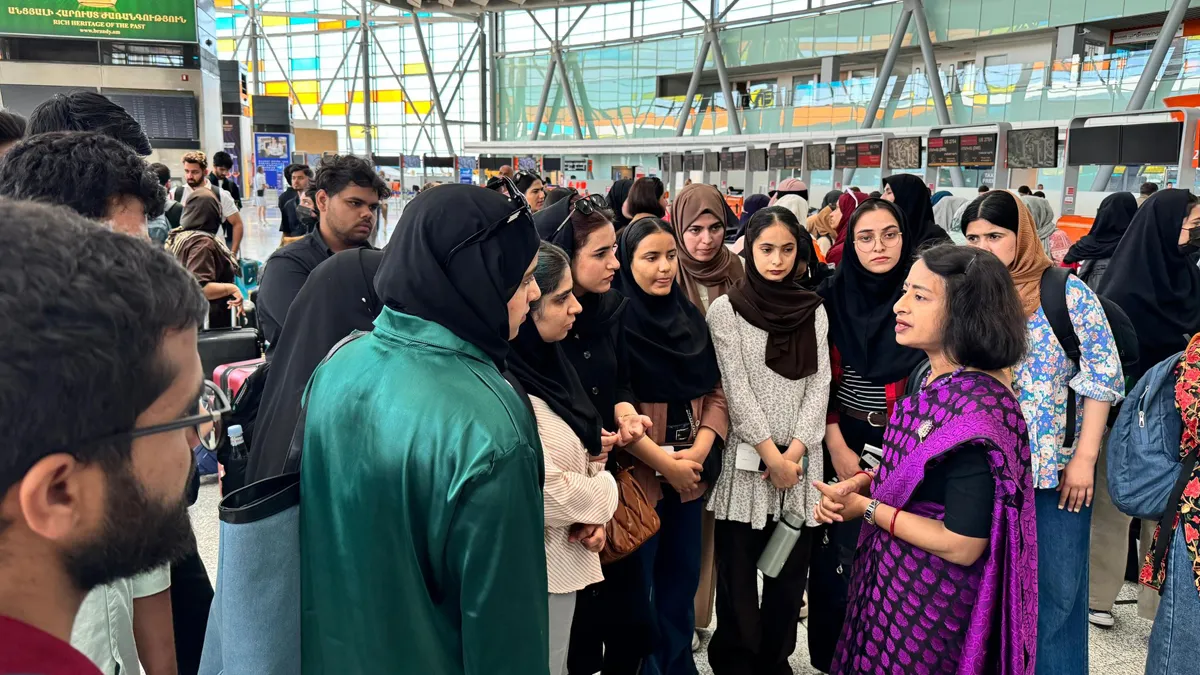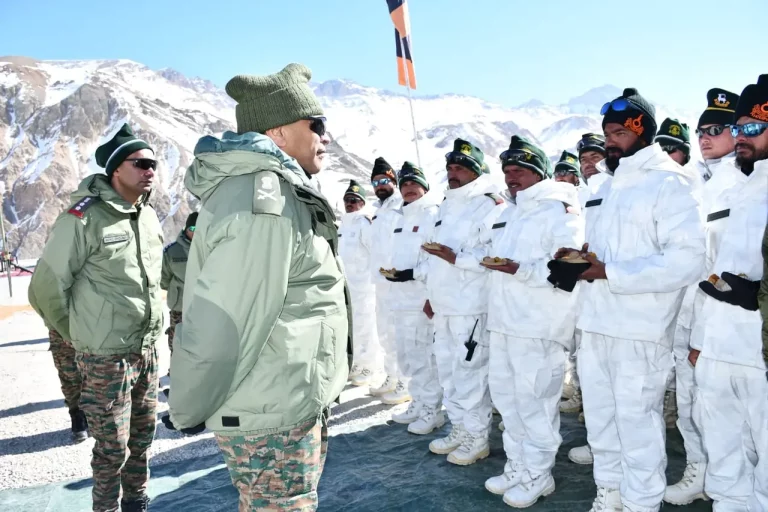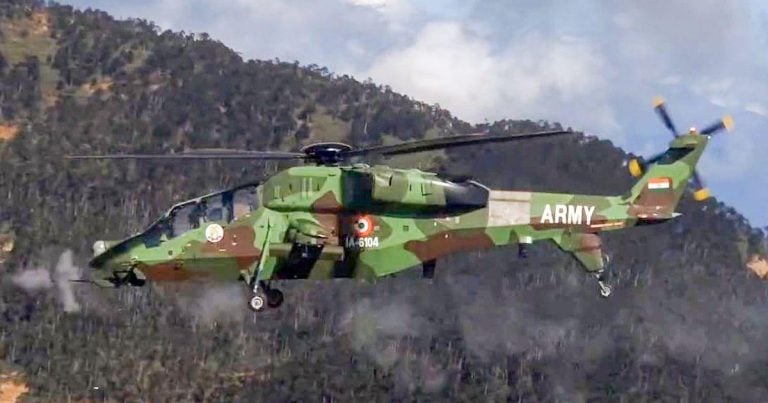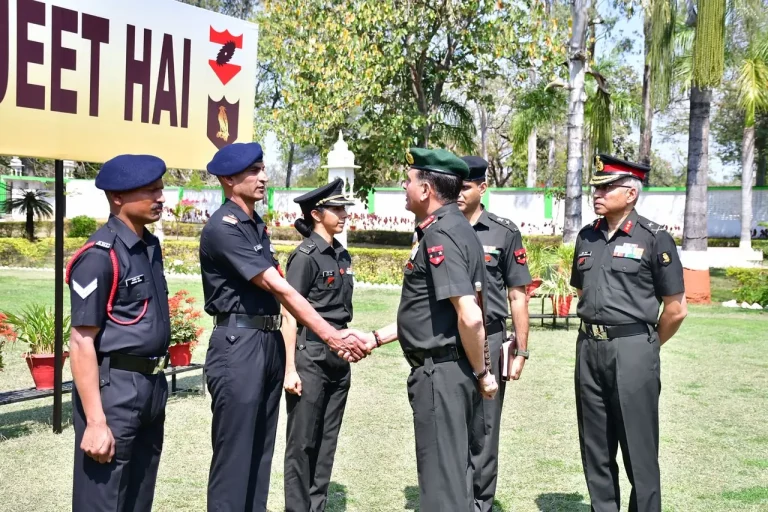In a significant move amid escalating tensions with Israel, Iran has decided to grant exclusive access to its airspace for India, enabling the evacuation of approximately 1,000 Indian students stranded within its borders. As most international flights are currently barred from entering Iranian airspace due to the ongoing confrontations between Iran and Israel, this action represents a notable deviation from the norm.
India has initiated a coordinated effort under Operation Sindhu to facilitate the safe return of its citizens. On June 17, a group of 110 students was transported overland from northern Iran to Armenia, thanks to the proactive measures of the Indian Embassy. Subsequently, these students were flown from Yerevan to New Delhi on June 18, and their arrival in India is anticipated early Saturday morning.
The Ministry of External Affairs has stressed the government’s commitment to the safety and security of Indian nationals abroad, emphasizing that their welfare is a top priority.
The backdrop to this evacuation effort is a severe military conflict that erupted on June 13, marking a significant escalation between Israel and Iran. Israeli military strikes have focused on critical nuclear sites, military infrastructure, and high-ranking officials within Iran. Reports indicate a tragic toll, with at least 657 individuals killed in Iran, including 263 civilians, alongside more than 2,000 who have sustained injuries.
In a retaliatory response, Iranian sources claim that Iran has launched around 450 missiles and 1,000 drones targeting Israel, though a sizable portion of these attacks has been thwarted by Israel’s advanced missile defense systems. Casualties on the Israeli side include at least 24 deaths and several hundred injuries.
As the international community expresses increasing concern and fears of a broader regional war mount, Iran’s temporary airspace concession for Indian evacuations underscores the humanitarian crisis prompted by the conflict. With typical civilian air traffic severely disrupted, this opening serves as a critical opportunity for those in need of escape.
Complicating the situation further, speculation has emerged regarding former US President Donald Trump contemplating military actions against Iran’s fortified Fordo nuclear facility, raising alarm over the potential for an even wider conflict.
While Iran continues to assert that its nuclear program is intended for peaceful purposes, the nation’s uranium enrichment activities—recently reported at levels nearing 60%, just below weapon-grade—remain a focal point of international concern. Israel perceives these developments as a tangible threat, given its own clandestine nuclear capabilities that have never been officially acknowledged.
The unfolding situation, marked by rapid developments across diplomatic, military, and humanitarian dimensions, has placed thousands of civilians, including foreign nationals, in jeopardy. India’s prompt response through Operation Sindhu highlights the urgent need for action and its dedication to safeguarding its citizens during this turbulent crisis.







